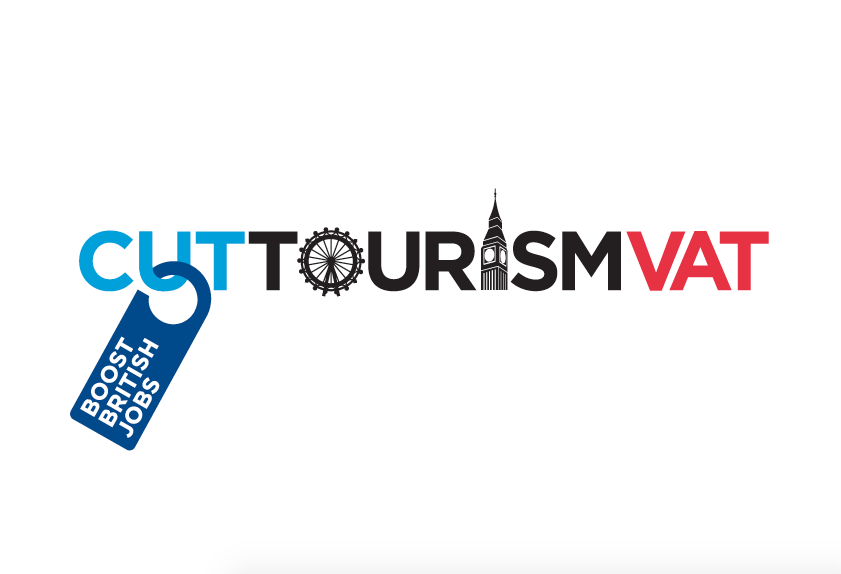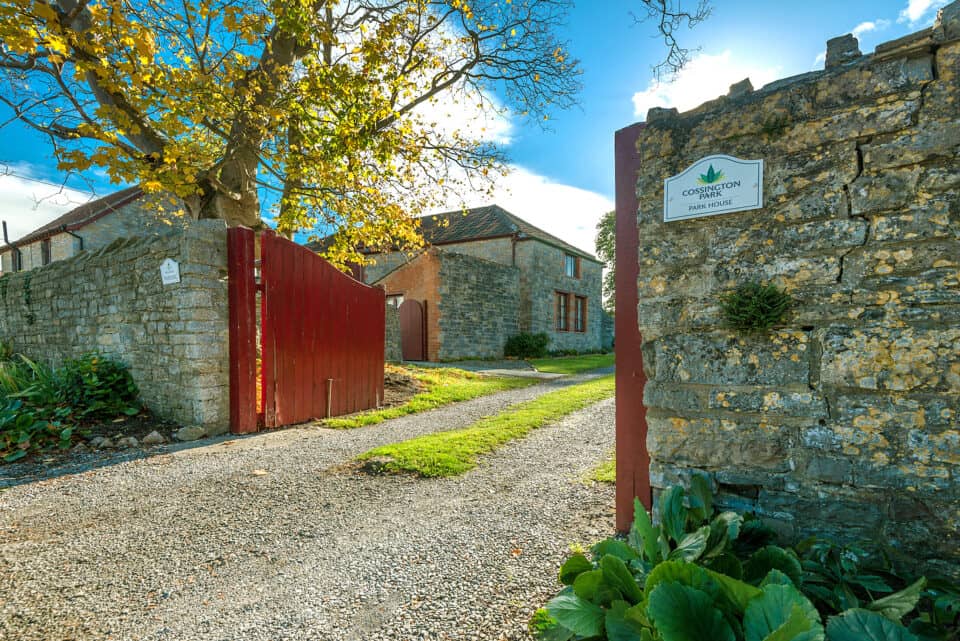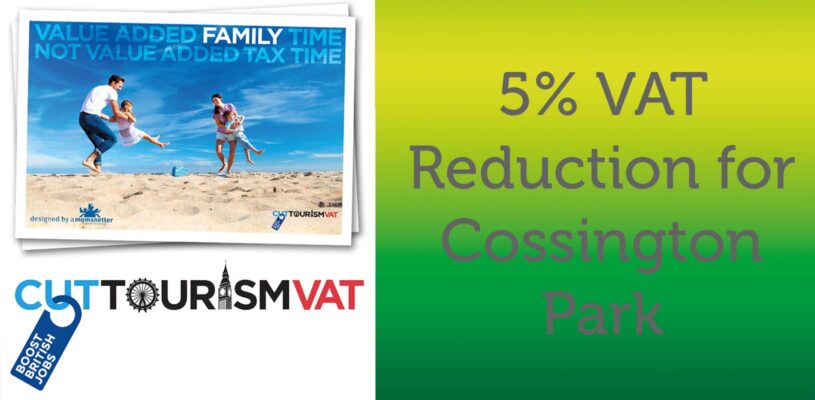Guests of Cossington Park are benefiting from 5% VAT on tourist accommodation in the UK compared to the standard rate of 20%. In effect our prices are discounted by 15%.

Graham Wason, Owner-Guardian of Cossington Park, is delighted to be able to offer our guests this 15% discount, not least because he is also Chairman of the Cut Tourism VAT Campaign and has lobbied for this for 28 years!
The VAT reduction was introduced on 4 July 2020 as an emergency measure to support the tourism sector during the coronavirus crisis. It was initially due to expire on 31 December 2020; in response to industry lobbying, this was extended to 31 March 2021. The Chancellor, Rishi Sunak, announced in his Budget earlier this month that the 5% rate is to be extended again to 30 September 2021; then, for the next six months, there will be a new interim rate of 12.5%. In April 2022, VAT is due to return to the standard rate of 20% (which could go even higher due to the economic crisis).

Graham first became involved in this issue in 1993 when, as a partner in Deloitte responsible for tourism consulting, he was approached by the British Tourist Authority to undertake a comprehensive analysis of the impact of reduced VAT on British tourism. Since then, he has undertaken 30 further comprehensive research reports and submitted these to government. In 2011 he founded the Cut Tourism VAT Campaign, which now represents 35 hospitality and tourism groups, 45 national and regional associations and 48,000 businesses. Over 120 MPs and 6 out of 11 political parties have declared their support for a cut in tourism VAT.
Shortly before the most recent Budget, Graham organised a meeting of industry chief executives with the Treasury to present the case that reduced VAT had proved a lifeline for thousands of businesses and that it must be extended for at least another year. Graham is confident that his lobbying influenced the government to do as requested. A Treasury official wrote to Graham on Budget day as follows: “Thank you for your previous engagement with policy teams in HMT on this issue, which has been very useful in developing and understanding the impacts of this relief. If you have any questions, please do get in touch.” That’s an unusually warm communication from HM Treasury!
The work of the Cut Tourism VAT campaign is not over. A new phase is now underway to persuade the UK government to maintain reduced VAT on tourism permanently, as only this will incentivise businesses to reinvest fully in this hard-hit sector.
There are many reasons why reduced VAT is an all-round winner, including:
- It means cheaper holidays, days out to visitor attractions and, if extended to hospitality, to eating out.
- every country in Europe except one (Denmark) has a reduced rate of VAT on visitor accommodation; if you stay in a hotel in Portugal, the VAT rate is 6%; in Germany, it is 7%; in France, Italy or Spain, 10%; in Sweden, 12%; in Luxembourg it is only 3%!
- A high rate of VAT makes the price of tourist accommodation more expensive; and as tourism is internationally competitive, high VAT makes a country less competitive. When VAT on tourism in the UK is 20%, it encourages British residents to travel to countries where VAT, and therefore prices, are lower; it also discourages residents from abroad to visit Britain.
- At 5%, VAT on tourism in the UK is one of the lowest in Europe; this encourages British residents to take domestic holidays rather than travelling abroad and encourages foreigners to take holidays in the UK.
- Surprisingly, all of the research and econometric modelling undertaken by Graham and his colleagues demonstrates that the government actually earns MORE rather than less tax revenue from lower VAT on tourism, due to increased international competitiveness.

Of course, with coronavirus there isn’t much international tourism at present. However, the case for retaining the reduced rate of VAT on tourism in the UK is that, once people feel safe to travel again, Britain will benefit at the expense of the tourism industries in other countries.
It didn’t require Brexit to bring about reduced tourism VAT, as this measure was specifically permitted under EU regulations; but if the UK government wants to claim this as a Brexit victory, we won’t tell!
